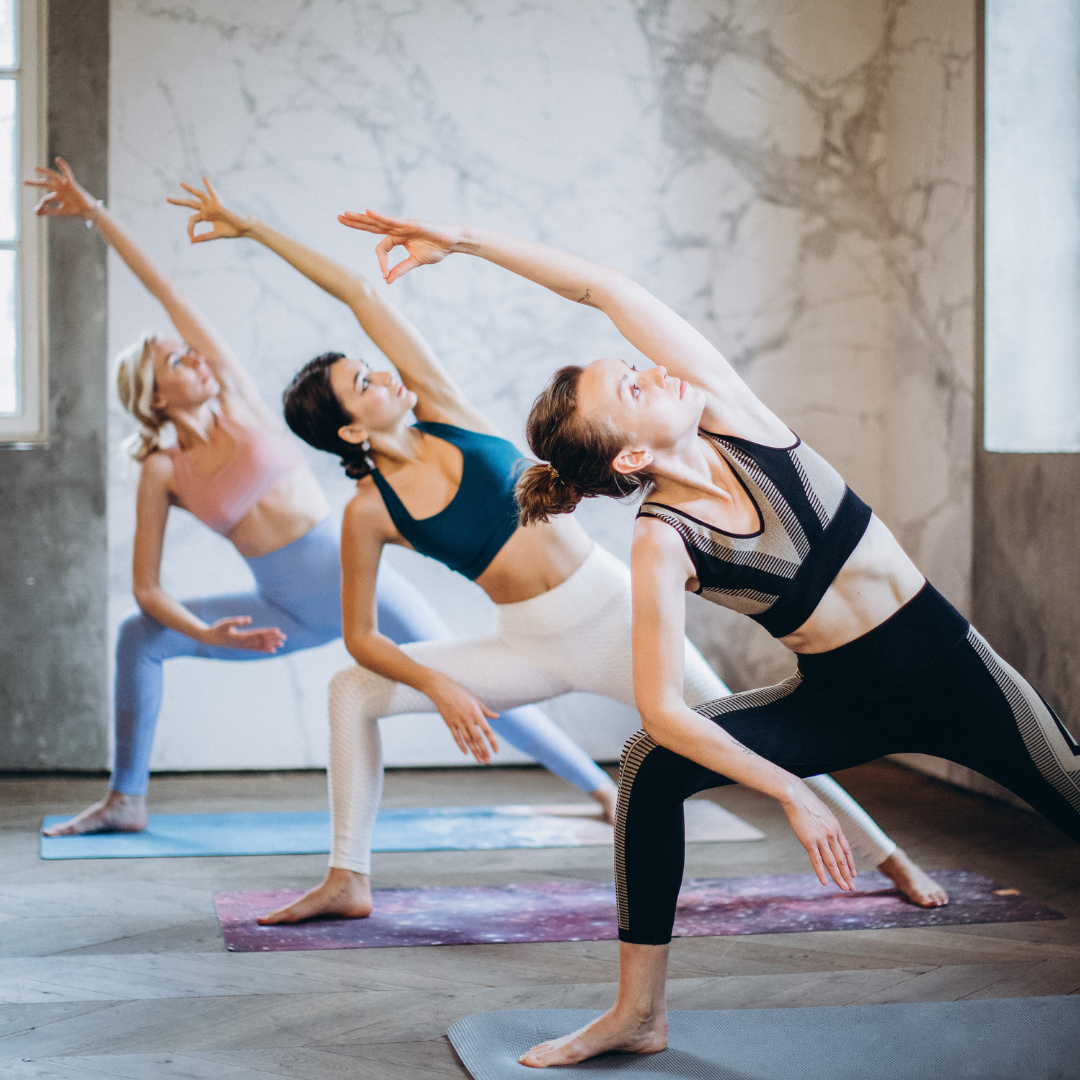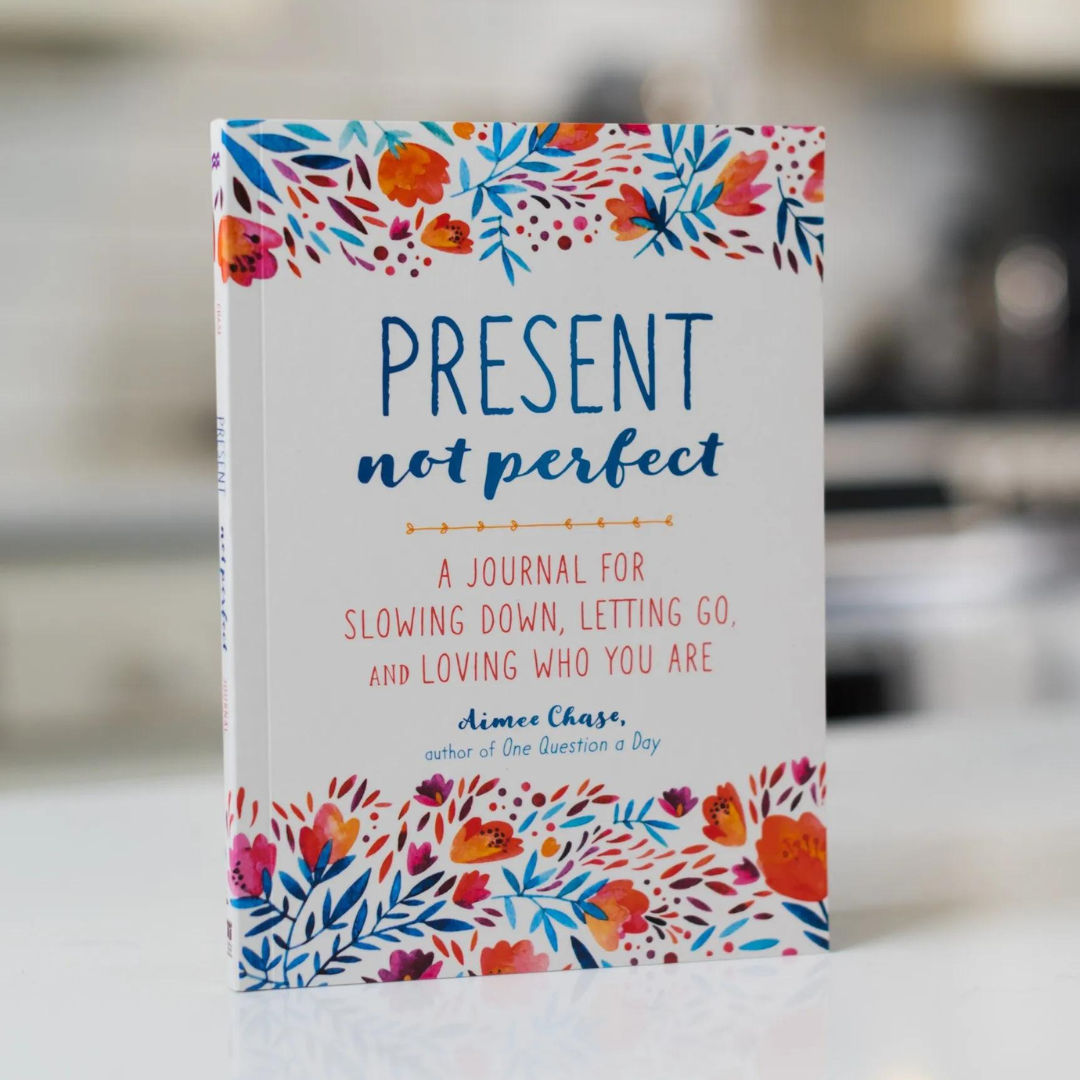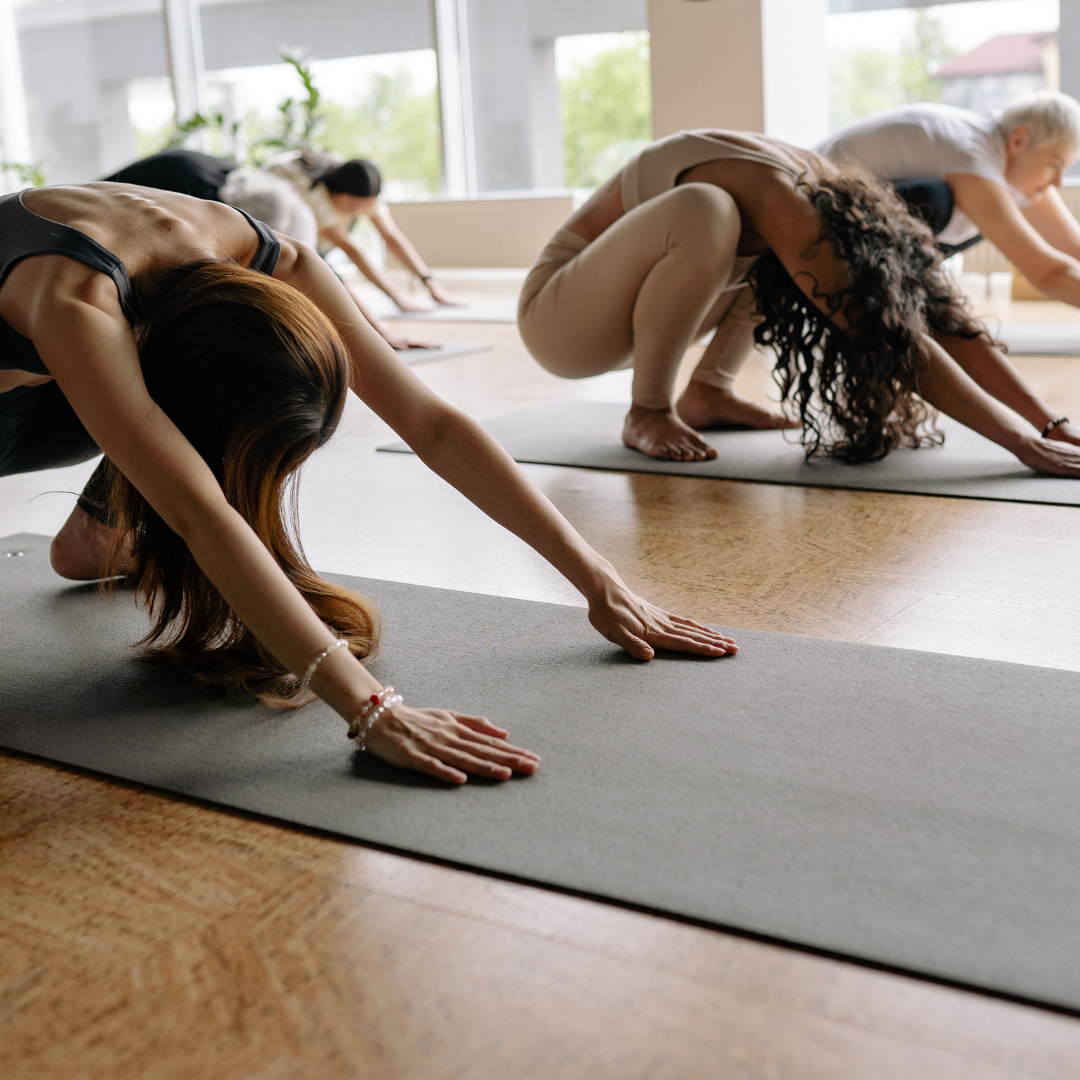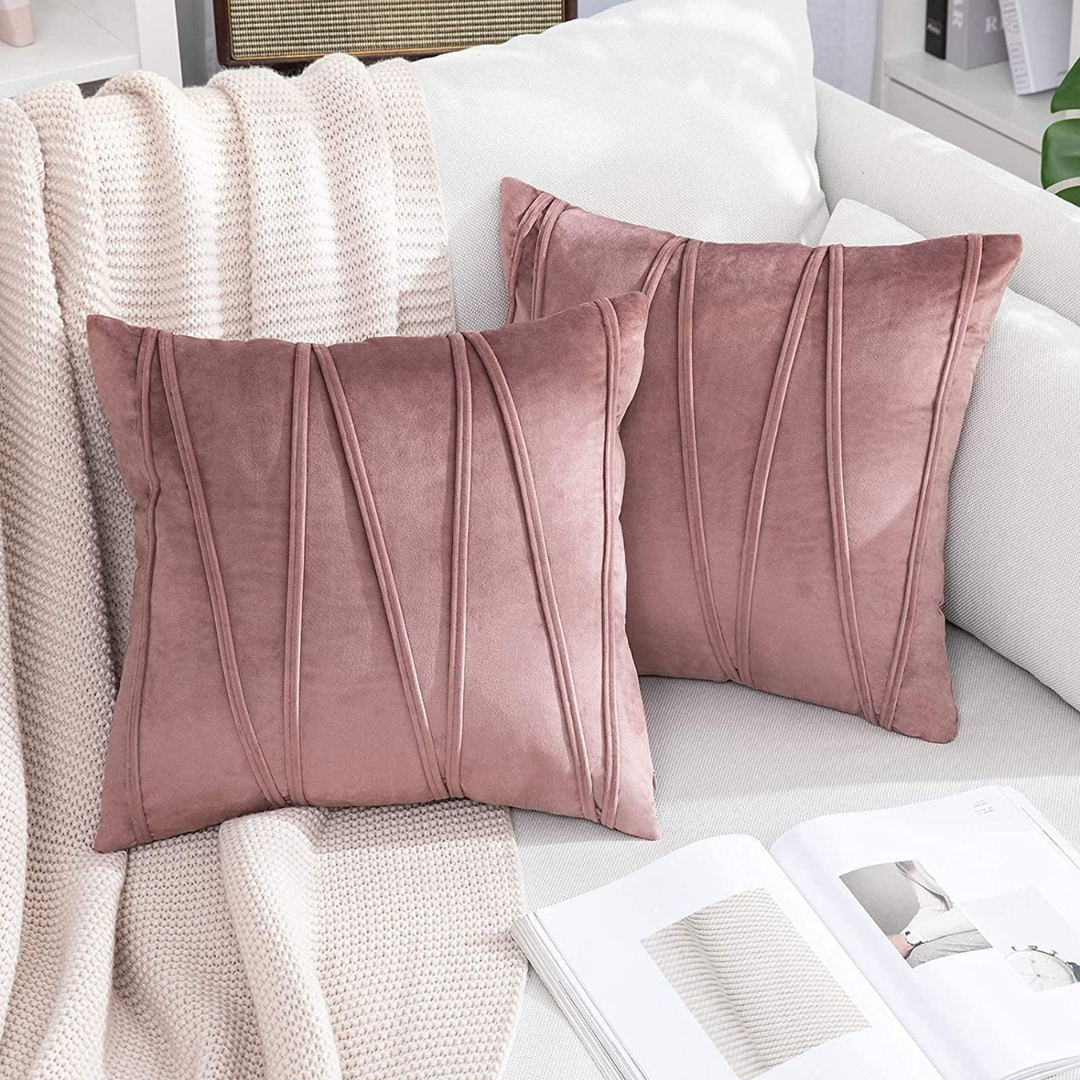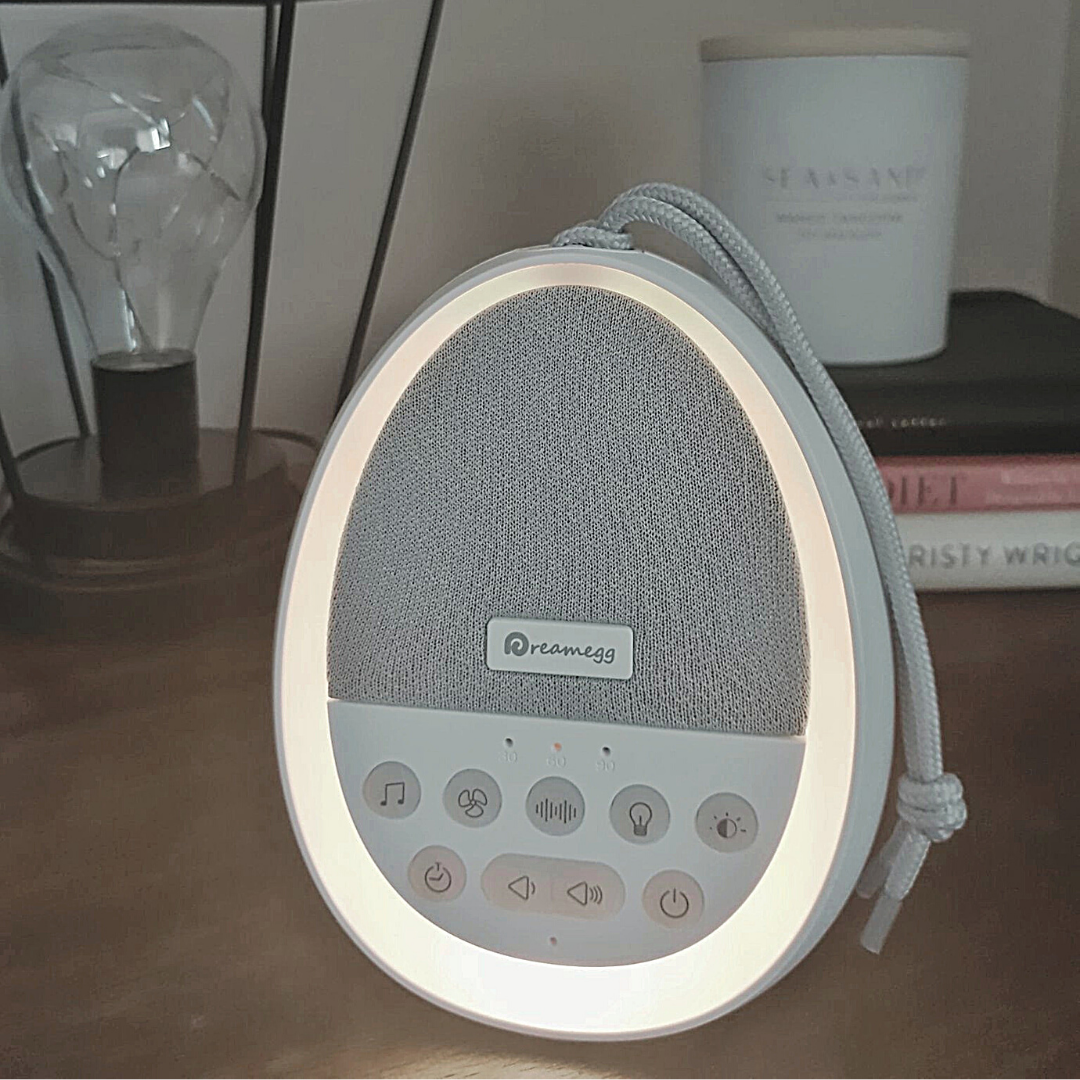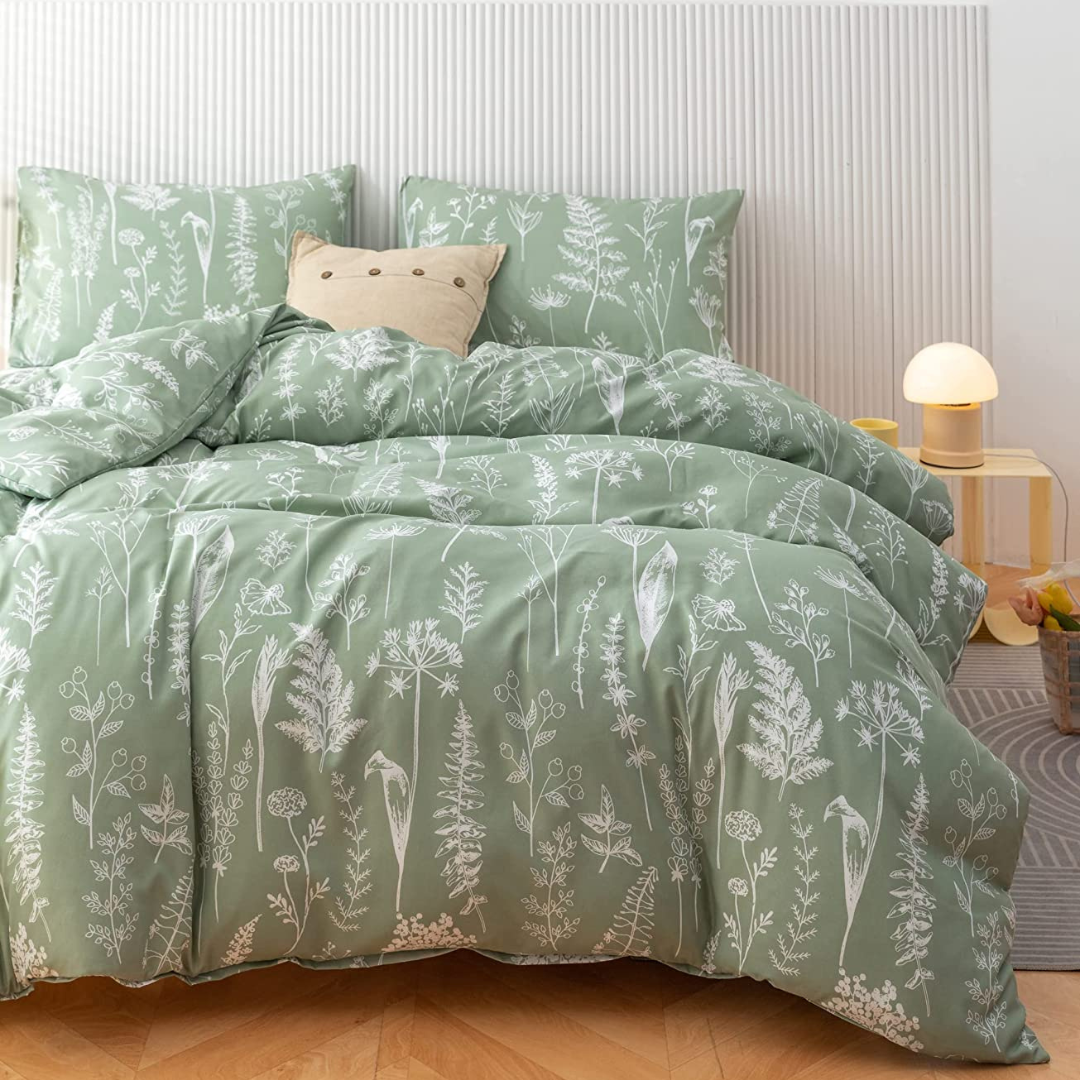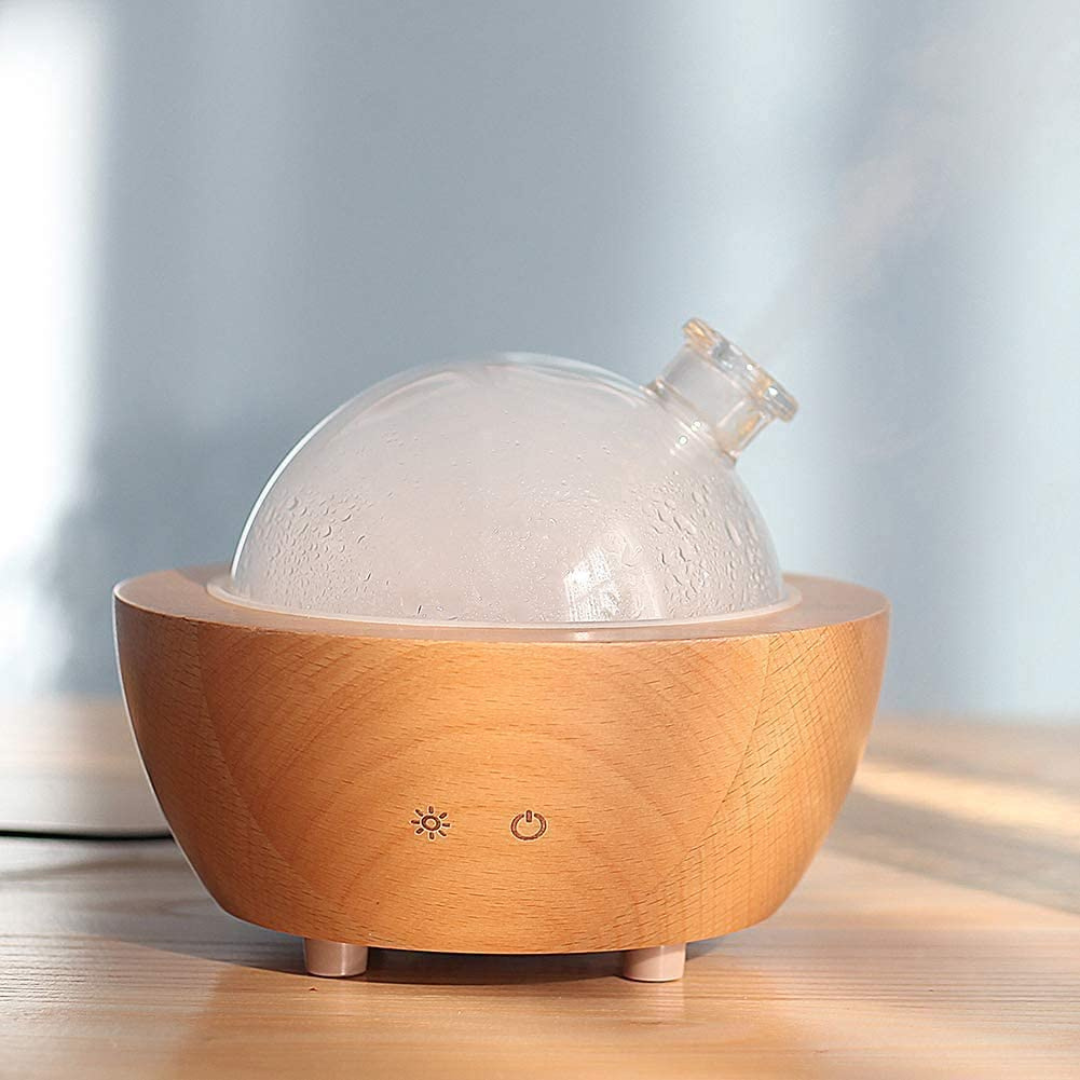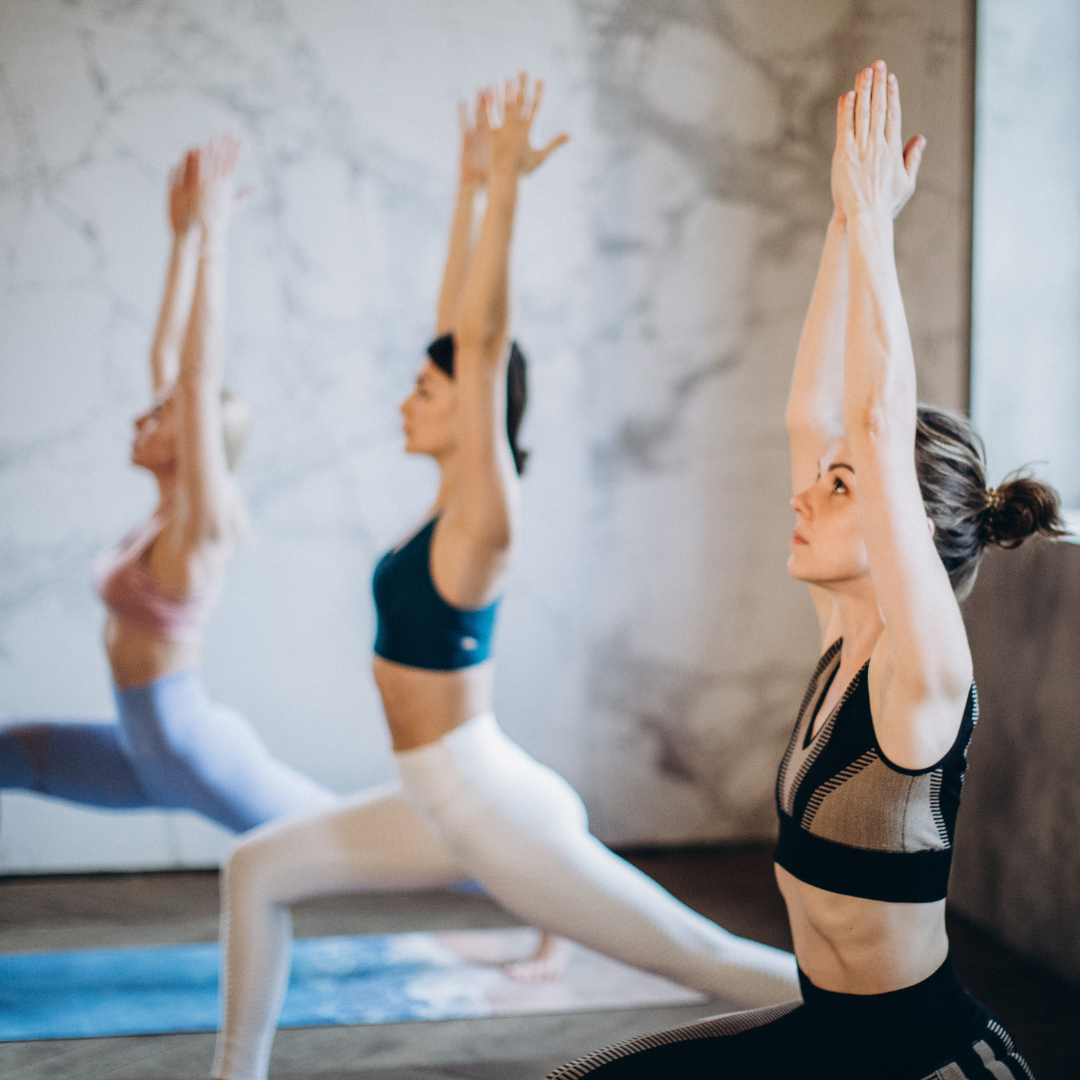|
|How many times have you checked your email today? Can you count the number of visits you have made to social media sites or connected with friends (near or far) through text messages in the past few hours? What kind of device are you reading this article on right now? Chances are you are connected to technology at some point nearly every day of your life, sometimes for long periods of time, especially if using technology is part of your job. Since many people around the world have access to technology that allows them to communicate, sometimes over very long distances, many people have asked the question of how we can use technology to connect people with emotional support or resources to improve mental health. This article will explore the short film Code Therapy that focuses on the particular question of connecting and supporting individuals struggling with their mental health using technology. As a therapist who has mainly connected with individuals using technology throughout my career, Code Therapy was easily relatable to me. I have been able to see first hand that accessing support through online channels can make a difference, or even save a persons life.
“I believe we have mental health in the same way we have physical health.” BackgroundMental illness, such as depression, is one of the leading causes of disability worldwide. 1 in 4 adults in the United States experiences some type of mental illness every year, yet over 100 million people across the nation lack access to sufficient mental health services. In countries with less developed healthcare systems, the situation is even more troubling. Behavioral intervention technologies, such as online programs and apps that teach evidence-based therapy skills have the potential to make mental health support more accessible and affordable. Speaking on the barriers to receiving treatment and the benefits and limitations of emerging technologies in this space are entrepreneurs, researchers and mental health providers including:
“The opportunity of mental health apps is to provide another rung on the ladder [between self-help and medication]. If you’re on this middle rung...you’re now better able to reach up to therapy, or pills, or anything else.” Watch The FilmDirected by Divya Pathak, Code Therapy was filmed in the US and UK in 2016 and has since screened at festivals in England, Ireland, India and the United States. Code Therapy was awarded Best Documentary at the 2016 Dublin International Short Film and Music Festival and has received commendation and nominations at other festivals around the globe. The film is narrated by Carl O’Reilly, a London-based architect, mental health advocate and author of the new book Defeating Depression, available on Amazon. Code Therapy is free to watch. Click the button below to be taken to the website to view the film for yourself: ReviewAs I started watching this film, I made an effort to try to put all of my bias to the side. For example, I already feel that technology has a huge role to play in connecting people with mental health support since I am one of those individuals providing support online, so I consider myself a huge advocate for this film from the outset. I wanted to make sure I was listening to the personal story of anxiety and experiences of panic that the narrator was describing with a fresh perspective rather than from my own connection of working with individuals who have had similar concerns in their own life. I found that I was really able to feel the struggle of someone going through mental health concerns such as anxiety or depression. I realized how hopeless it could feel for someone without adequate education or understanding of what was happening to them, the feeling of isolation that can accompany these concerns, as well as the sense of not being able to reach out for support. The quote that resonated the most with me through this film was this spoken by Jenn Hyatt: "It's ultimately why I think technology has such a role to play, it cuts right through the stigma, it cuts through the lack of vocabulary, it cuts through our inability to ask the question we'd like to ask but feel afraid to ask. And it enables someone just through literally the thing they carry with them every single day to get support or to get an intervention, and that's really powerful". Considering my own experience with providing mental health services through technology (primarily chat and text based platforms), I have found that even younger people are able to start opening up about really difficult conversations that they haven't been able to have with the people closest to them in their lives. I have seen first hand how this online interaction can build trust and hope for someone struggling in the dark on their own. I appreciate that this film has been able to shine a light on the constructive ways that technology has been used in the support field. I am curious to see how we can continue to provide support to others with the help of technology but without losing the most essential aspect of the support that is given: real, human interaction filled with empathy and understanding. Comment below & share your experience of using technology to connect with support.. how has being able to connect with this kind of support been beneficial in your life? If you or someone you know are concerned about your mental health, please reach out for more help. You don't have to go through this alone. Check out the helpful links page for resources. Other blog articles about mental health: *I am not affiliated with the short documentary film Code Therapy in any way but I am a mental health advocate wishing to spread the understanding of both mental health and the advantages of using technology as a way of bridging supports to those impacted by mental health concerns. The links on this page may be embedded with affiliate links.
20 Comments
3/15/2020 12:19:33 pm
Thank you for sharing this documentary with your students! I hope it was helpful to shed some light on how technology can assist in broadening the support for mental health.
Reply
Nikos
11/7/2017 10:28:04 am
I haven't watched the movie yet but i liked your review. The story of the film is definitely an interesting one. Thank you for bringing this movie to my attention.
Reply
3/15/2020 12:20:33 pm
I hope you enjoyed the film if you were able to take some time to watch. Thanks for your comment!
Reply
3/15/2020 12:21:13 pm
You're very welcome, and thank you for stopping by the blog!
Reply
3/15/2020 12:21:35 pm
I hope you were able to check out the film, Elise.
Reply
11/9/2017 04:53:30 pm
Wow this is super interesting! I would totally watch this. The intersection of technology and mental health needs to be examined a lot more. I can't wait to see this.
Reply
3/15/2020 12:22:04 pm
I hope this film was interesting and informative for you, Jessica.
Reply
11/9/2017 06:11:04 pm
Very nice. I will have to see this movie. It sounds interesting
Reply
11/9/2017 06:46:21 pm
i really like short films because they present the facts in a crisp manner. great review. glad its free to watch.
Reply
3/15/2020 12:26:43 pm
Yes, that's so true. This film is packed with insights and information. I hope you enjoy it!
Reply
3/15/2020 12:28:50 pm
I hope you had a chance to watch the film, Alexa.
Reply
12/9/2017 09:50:56 am
Thanks for taking the time to review the film. We really appreciate it!
Reply
3/15/2020 12:29:28 pm
You're very welcome, Divya, Thank you so much for sharing this film with the world!
Reply
Your comment will be posted after it is approved.
Leave a Reply. |
Welcome to the blog!↓ That's me, Heather. :)
MENTAL HEALTH RESOURCE VAULTGreat!Check your email for instructions on how to access the Mental Health Resource Vault. Categories
All
Popular Posts// 25 Positive Mindset Quotes
// Self-Care Bullet Journal Spreads // 7 Ways Your Physical Health is Connected to Your Mental Health |
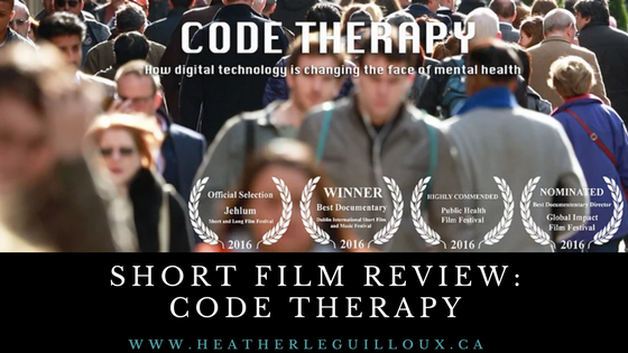

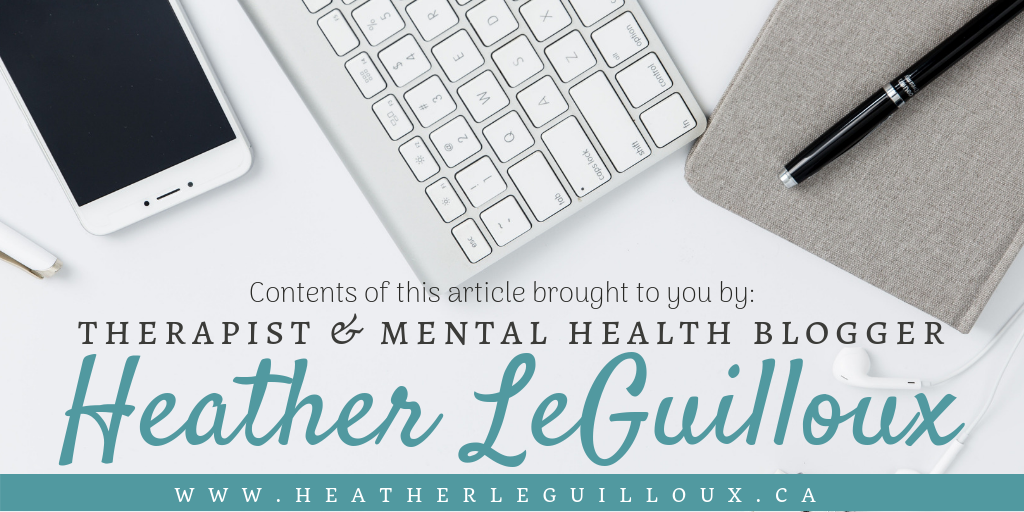
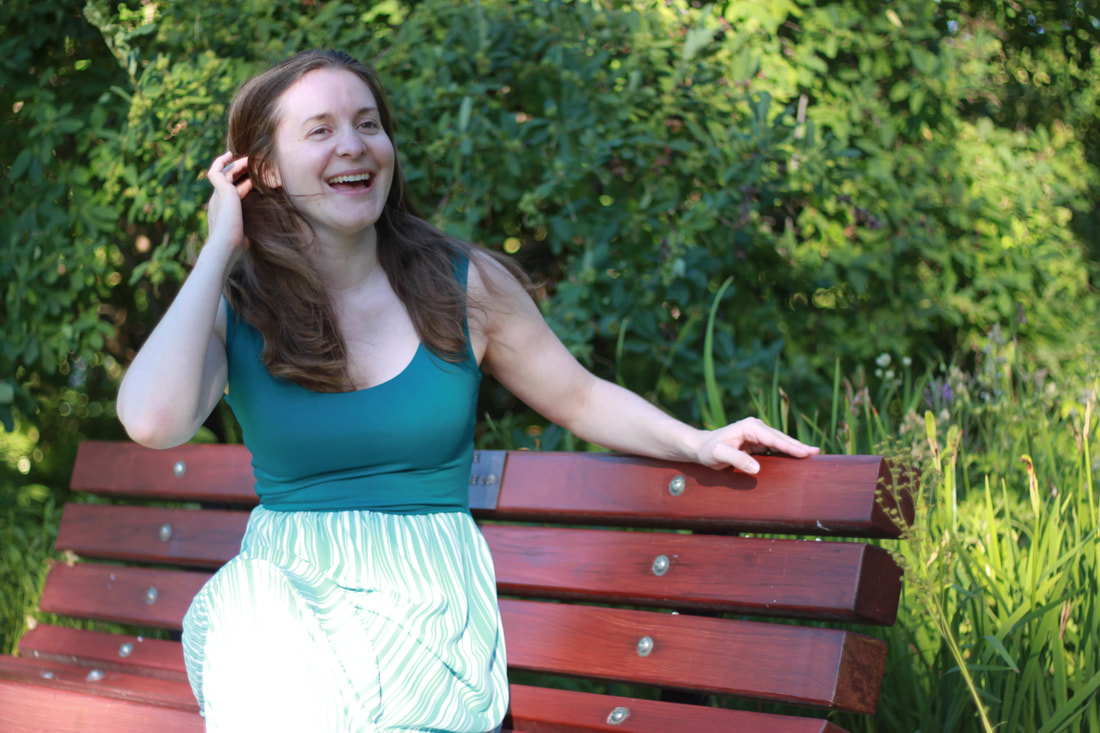
 RSS Feed
RSS Feed



